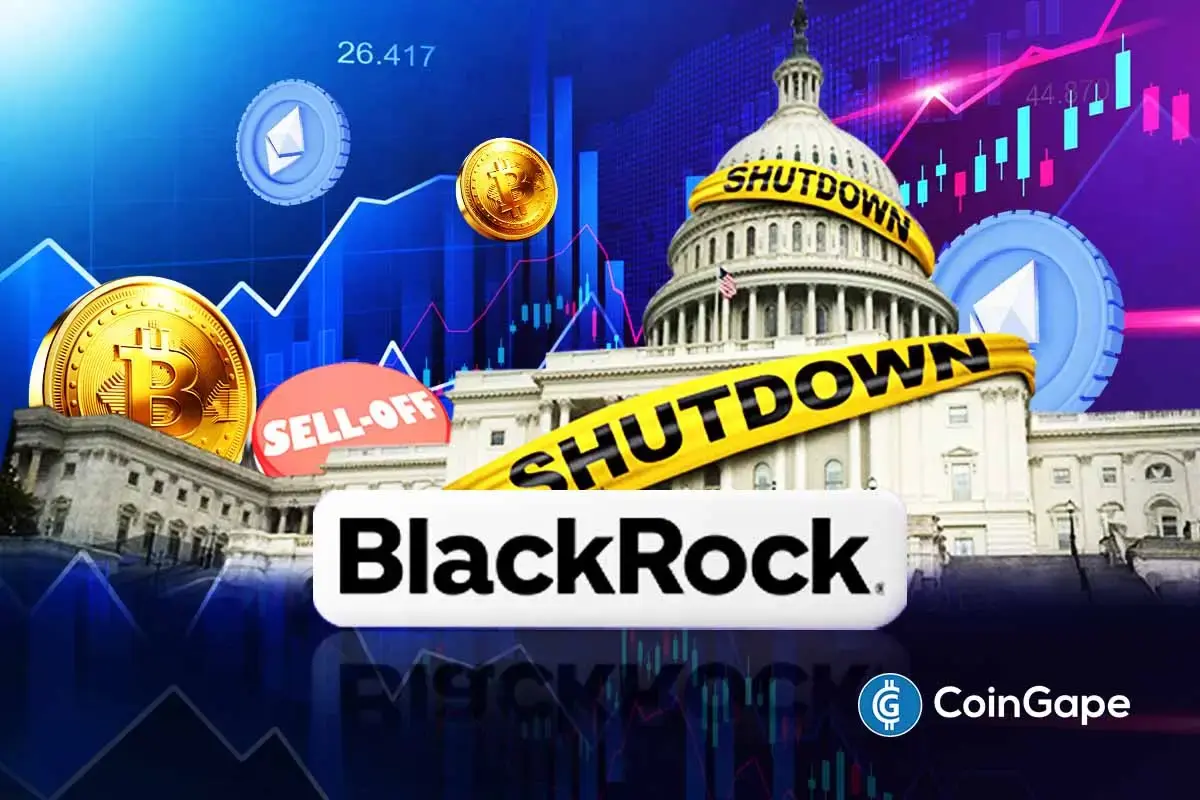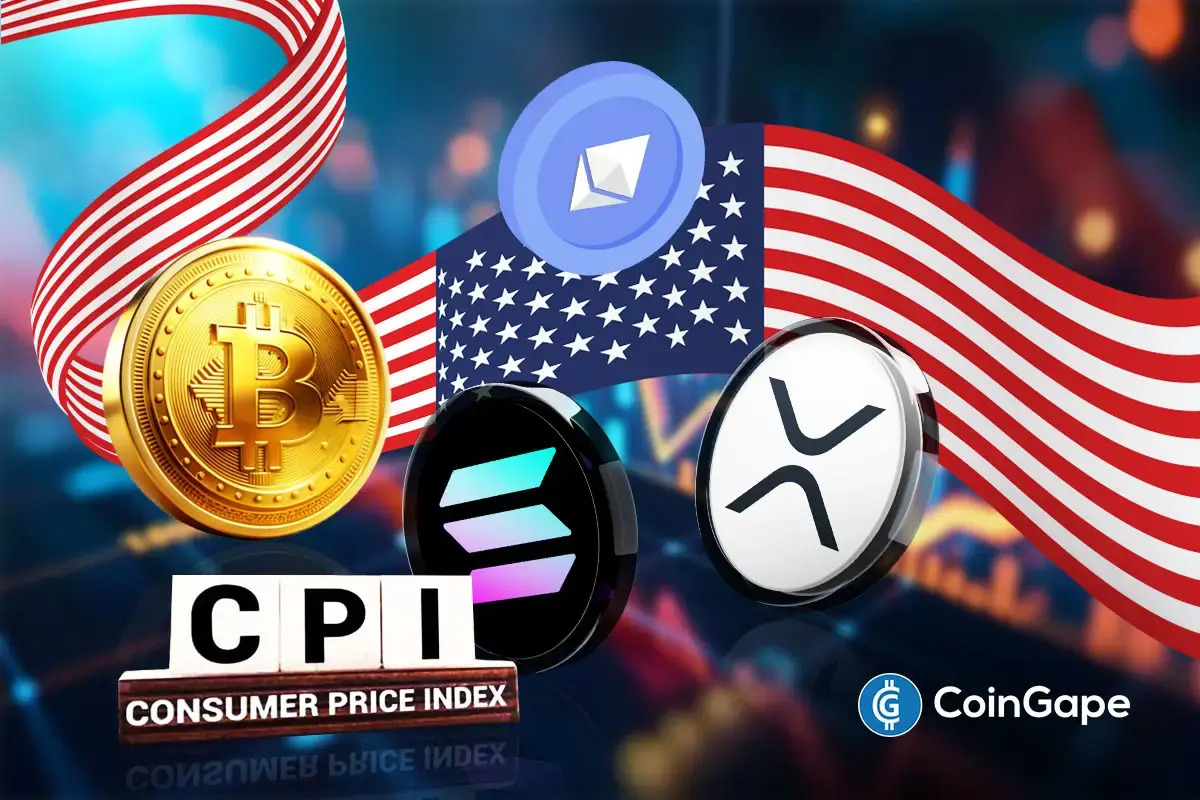Breaking: Banking Regulator OCC Greenlights Banks To Hold BTC, ETH, SOL, XRP For Gas Fees

Highlights
- U.S. Bank Regulator, OCC, has permitted banks to hold BTC, ETH, SOL, and XRP to meet the operational blockchain expenses.
- The decision allows banks to pay gas fees using their crypto assets.
- Such regulatory transparency will hasten financial settlements and tokenized services across the financial system in the U.S.
Cryptocurrencies have officially been approved by the Office of the Comptroller of the Currency (OCC) to be available on the balance sheets of U.S. banks. The cryptocurrencies include Bitcoin (BTC), Ethereum (ETH), Solana (SOL), and XRP. Banks can as well use these assets to pay blockchain network fees.
Banks Get Green Light to Hold Crypto for Operational Use
The official announcement contained in Interpretive Letter 1186, explains the ways banks can apply crypto assets in their activities. It is also one of the biggest crypto regulatory approvals for the traditional finance industry in the country.
The decision opens the possibility of national banks to directly possess and use crypto assets as required to complete blockchain-based settlements. These include payment of transactions on networks like Ethereum or Solana.
The guidance also extends to tokenized platforms that use native tokens as fees also referred to as gas fees. They can now carry out and validate transaction on decentralized networks.
Until now, the majority of regulated banks were only able to indirectly deal with crypto, typically through third parties. The uncertainty surrounding crypto regulations discouraged many organizations from engaging in crypto-related services even as the need increased.
With this guidance, banks now have approval to acquire and hold select digital assets directly, as long as they are used to support legitimate operations like transaction settlement or platform testing. This follows the OCC’s earlier steps of permitting bank-stablecoin partnerships.
The OCC added that banks must take steps to manage associated risks. This includes maintaining proper internal controls, cyber protections, and compliance safeguards to ensure that crypto use remains safe and sound.
Regulators Shift Towards Clearer Crypto Regulations
The regulator highlighted that the current legal framework that governs national banks should be followed in all these blockchain-related activities. In addition to the use in operations, the OCC affirmed that banks were free to possess crypto assets for internal test purposes. This recommendation contributes to the implementation of blockchain in banking systems.
As an example, when a bank tests tokenized servicing rails or smart-contract services, it can now hold crypto in its custody. The move is an indication that the authorities is starting to realize the importance of crypto future of banking.
The possibility for banks to keep crypto assets for operational reasons can speed up the use of blockchain within the financial service industry of the United States. The OCC’s announcement provides fresh clarity. It also follows plans of the CFTC and the SEC to work together and clarify rules for the crypto market.
The interpretive letter underscores a shift in the regulatory landscape. It is a sign that the government is willing to embrace blockchain technology without losing oversight of the industry.
- Trump Tariffs: U.S. Supreme Court Sets February 20 for Potential Tariff Ruling
- Brazil Targets 1M BTC Strategic Reserve to Rival U.S. Bitcoin Stockpile
- Breaking: U.S. CPI Inflation Falls To 4-Year Low Of 2.4%, Bitcoin Rises
- Bitget Launches Gracy AI For Market Insights Amid Crypto Platforms Push For AI Integration
- BlackRock Signals $257M Bitcoin and Ethereum Sell-Off Ahead of Partial U.S. Government Shutdown
- Bitcoin Price Outlook As Gold And Silver Lose $3.6 Trillion in Market Value
- XRP and Ethereum Price Prediction as Trump Seeks to Lower Key Tariffs
- Solana Price Prediction as $2.6 Trillion Citi Expands Tokenized Products to SOL
- Bitcoin Price Could Fall to $50,000, Standard Chartered Says — Is a Crash Coming?
- Cardano Price Prediction Ahead of Midnight Mainnet Launch
- Pi Network Price Prediction as Mainnet Upgrade Deadline Nears on Feb 15
















